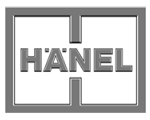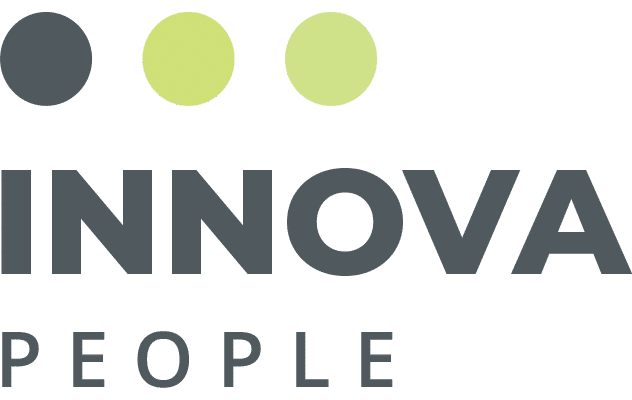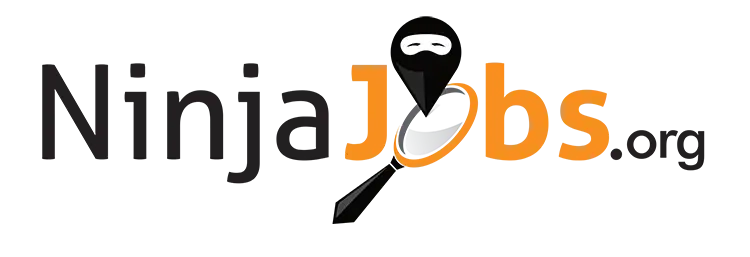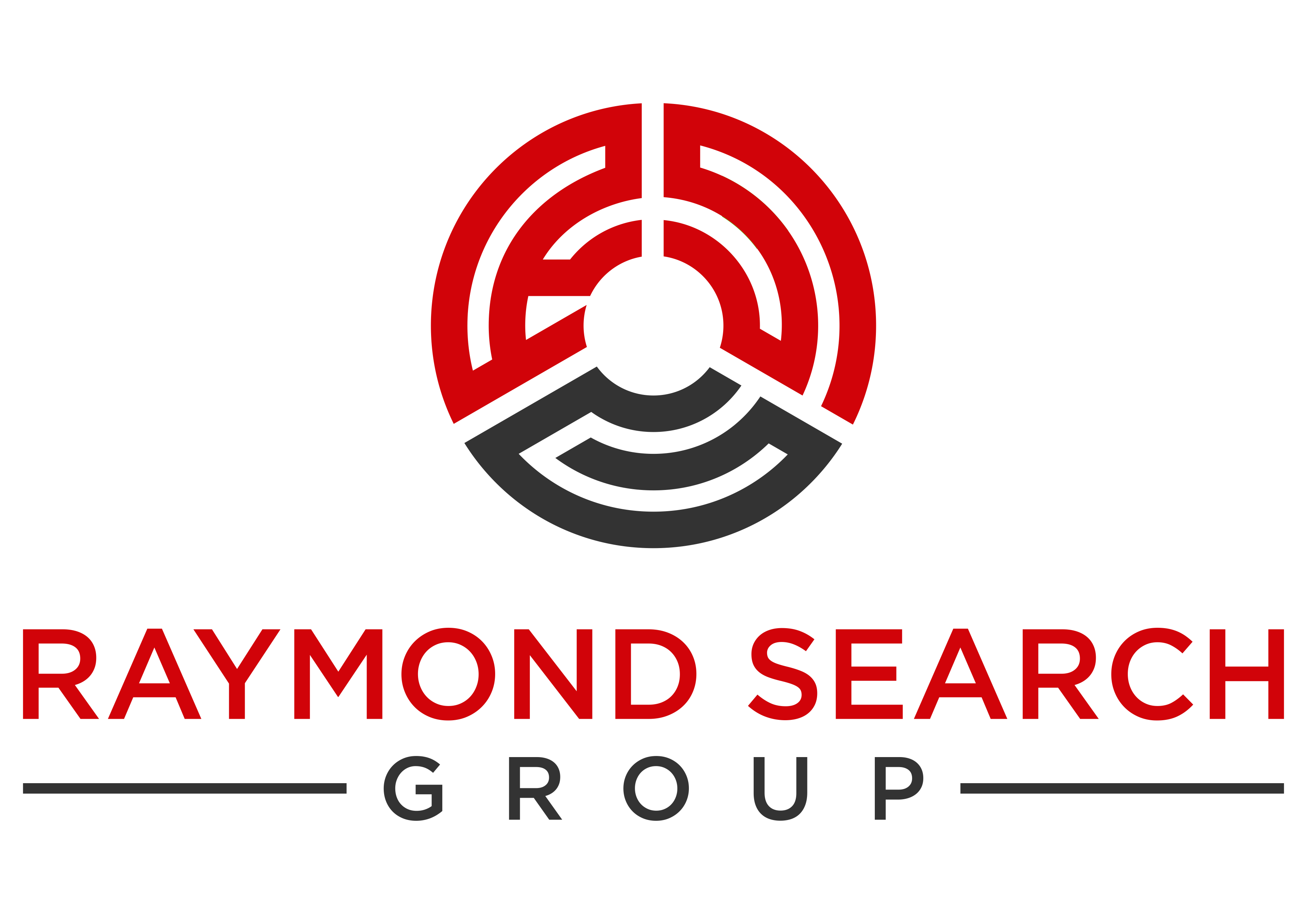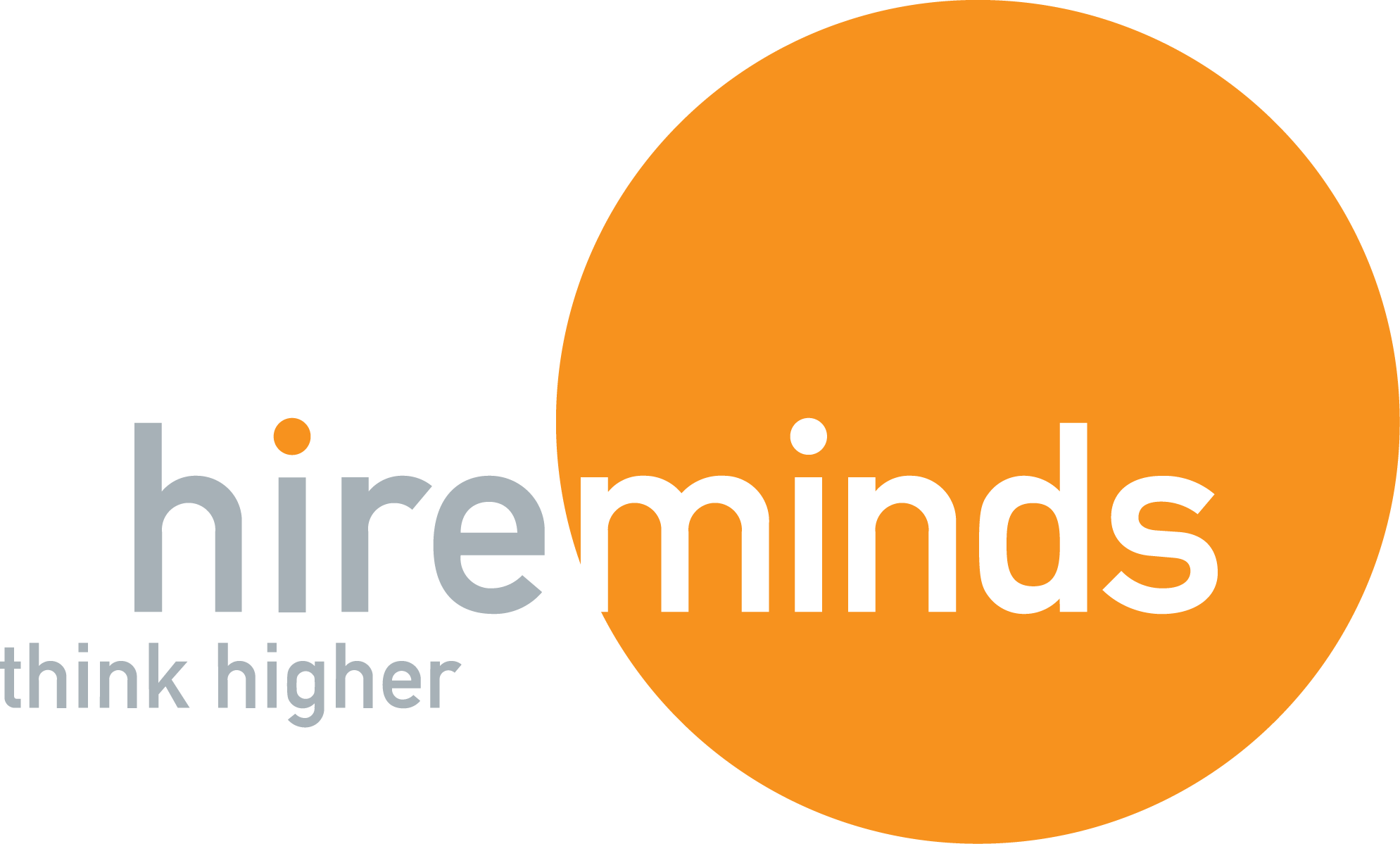Dan Charney, President & CEO of Direct Recruiters (DRI), and Cherie Shepard, Director of Packaging & Material Handling, DRI, interview Brian Cohen, Chief Executive of Hanel Storage Systems
Tell us a little about yourself.
My name is Brian Cohen, and I am the Chief Executive of Hänel Storage Systems. I have been in the automation field my entire professional life and have been fortunate enough to learn the technology from the ground up. My career began in sales, focusing on sensors and automatic identification, followed by robotics and machine vision and for the last fifteen years AS/RS. Throughout my life I have been interested in and intrigued by technology. My father was a plant manager for a bedding manufacturer in the early 1970’s and I have a favorite childhood memory of visiting the bedding manufacturing plant and being mesmerized by the automated machinery.
What is the most challenging aspect of your job?
Managing growth is currently the most challenging part of my job. Throughout the last fifteen years we have experienced what I refer to as self-sustained incremental growth. We have grown each year at a steady and manageable rate and reinvested profits into the business to fuel additional growth. The challenge is when to hire, how to expand facilities, and which new markets to pursue. I am very grateful that our thoughtful planning has prevented lay-offs, debt and failed marketing initiatives.
How do you retain top industry talent?
First and foremost, it is important to hire carefully and have the correct recruiting partners. Next, it is important that the position I am hoping to fill represents an awesome opportunity for the candidate. Potential candidates must be passionate about an opportunity to work with our organization and the position must represent an order of magnitude career progression. Once on board, it is part of our strategy to partner with our employees and develop mutually agreeable milestones and goals that the employee can own. My style is quite contrary to micromanagement. Once expectations are developed, I prefer to act as a resource. It is important to recognize with my management style that communication and transparency are absolutely critical.
What soft skills do you look for when hiring new talent?
Cultural fit is perhaps the single most important requirement for a new employee. I like to learn about what the candidate really liked or disliked about past positions. After we have determined that a candidate has the required skills and experience to perform the job we are looking to fill, we schedule a series of casual interviews with staff members to discuss what it’s like day to day within the company’s culture. The feedback we have received from these casual interviews has been really useful for both the company and the candidate. It is very important to me that candidates are presented the full picture of what it is like to be part of this team.
You have over 25 years of experience in the Material Handling world. What or who do you attribute your success to? Did you have a mentor(s)?
Yes, I had both mentors and managers that were willing to take a risk on someone with the right attitude. The mentor that had the most profound impact on me was Martin Eichenberg. Martin was the CEO of Menziken Automation and was a truly impressive leader. In addition to Martin’s experience, he had a way of telling difficult truths eloquently. His ability to tell a customer something that they did not want to hear, but absolutely should, was inspiring. I have translated what I have learned from Martin in this regard into the following axiom: “Tell me the truth always. The harder the truth is to tell, the more I will respect you for it.” Martin was also the first leader that took the phrase “our employees are our greatest asset” and turned it into absolute practice. My strong commitment to our employees’ well-being was most certainly shaped by Martin’s example.
What are the most important characteristics a Material Handling leader needs to be successful?
The material handling industry benefits greatly from MHI. Throughout my career I have participated in the material handling community and MHI organization in various ways. Currently I serve on the Board of Governors and the Educational Work Group. I have found working with MHI to be rewarding in many ways; most importantly for me are the development of standards and education. The secondary benefit of working with MHI is the networking. Never before in my career have I had the opportunity to work so closely with competitors.
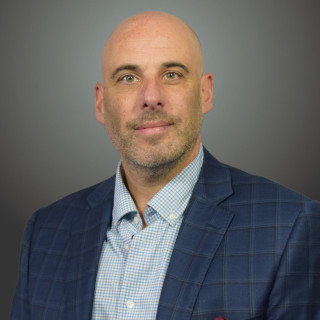
Dan Charney President & CEO [email protected] 440-996-0589
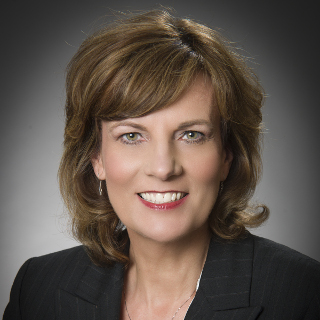
Cherie Shepard Director of Packaging & Material Handling [email protected] 440-9960582

